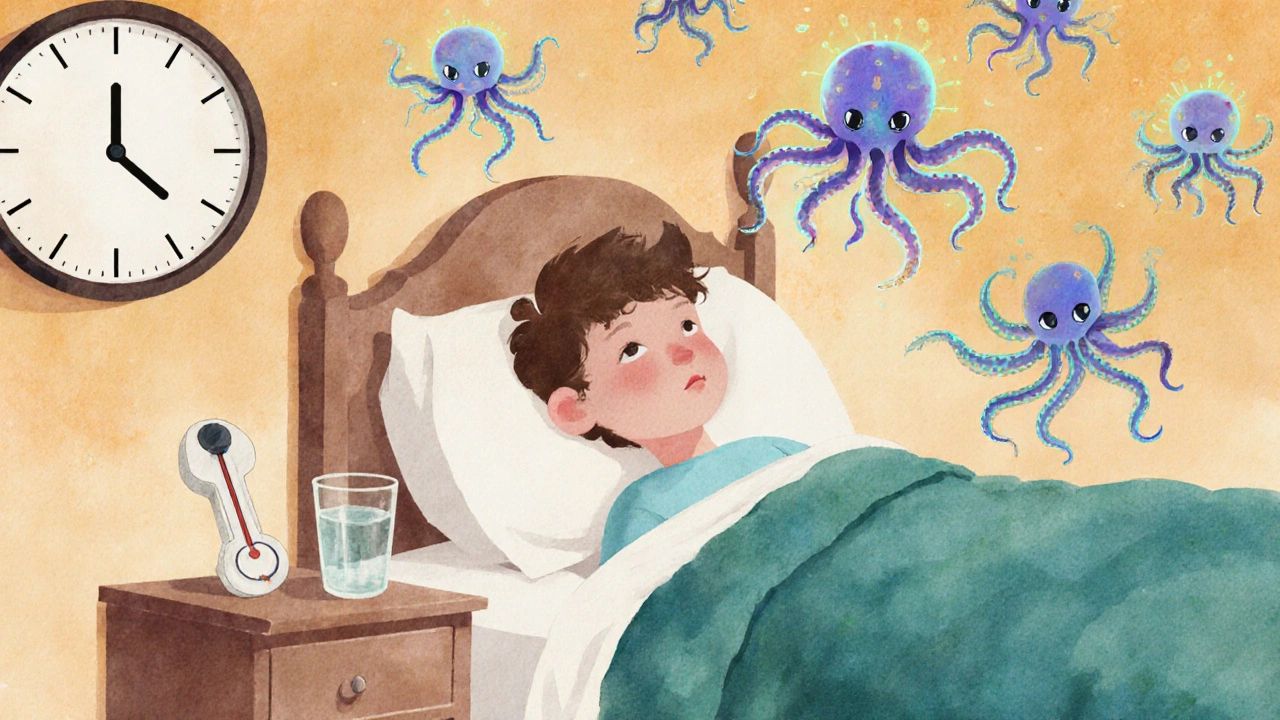Mono Recovery: What It Really Takes to Get Back to Normal
When you have mono recovery, the process of healing from infectious mononucleosis caused by the Epstein-Barr virus. Also known as the kissing disease, it’s not just a bad cold—it’s a full-body reset that can last weeks or even months. Most people think once the fever and sore throat fade, they’re done. But the real challenge comes after: the crushing fatigue, the brain fog, the feeling that your body just won’t bounce back. You’re not lazy. You’re not failing. Your immune system is still cleaning up.
The Epstein-Barr virus, a common herpesvirus that triggers mononucleosis and can linger in the body long after symptoms disappear doesn’t vanish overnight. Even when you feel okay, your spleen might still be enlarged, your muscles still weak, and your energy reserves drained. That’s why rushing back to work, gym, or school often backfires. Studies show people who push too hard risk a relapse—or worse, spleen rupture. Recovery isn’t a race. It’s a slow rebuild.
What helps? Rest isn’t just sleeping more—it’s cutting out caffeine, avoiding alcohol, skipping heavy lifting, and saying no to social pressure. Hydration matters. Gentle walks help more than intense workouts. And yes, eating well counts: foods rich in vitamin C, zinc, and omega-3s support immune repair without overloading your liver. You don’t need fancy supplements—just real food, real rest, and real patience.
Many think mono recovery ends in two weeks. It doesn’t. For most, it takes 4 to 8 weeks. For some, fatigue drags on for months. That’s normal. It’s not a sign something’s wrong—it’s just how your body heals from this virus. The key is listening to your body, not your calendar. If you’re tired, rest. If you’re dizzy, stop. If you feel okay one day and wrecked the next, that’s the pattern. You’re not broken. You’re rebuilding.
Below, you’ll find real stories and practical guides from people who’ve walked this path. From how to manage fatigue without pills, to when it’s safe to return to sports, to what to do if symptoms come back. No fluff. No hype. Just what actually works when your body says, "Take your time."
Mononucleosis, caused by the Epstein-Barr virus, leads to severe fatigue and prolonged recovery. Learn symptoms, risks like spleen rupture, why antibiotics don't work, and how to safely return to normal activity.

